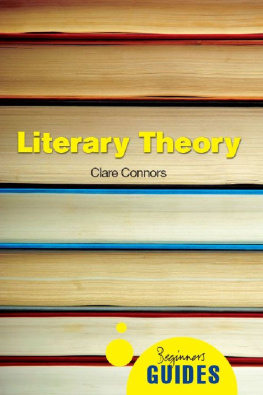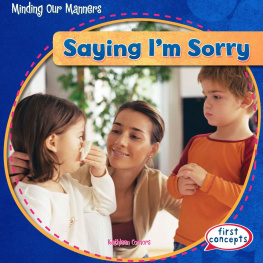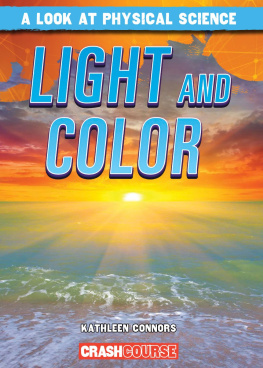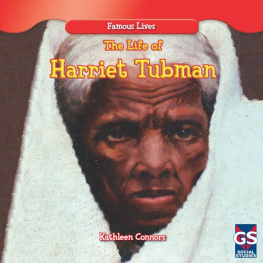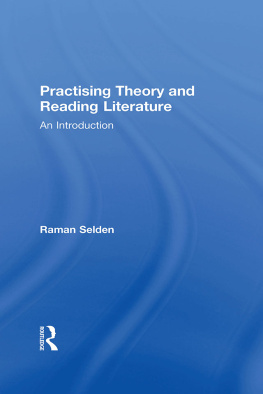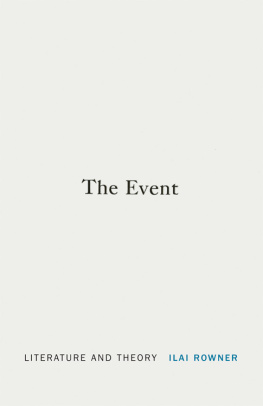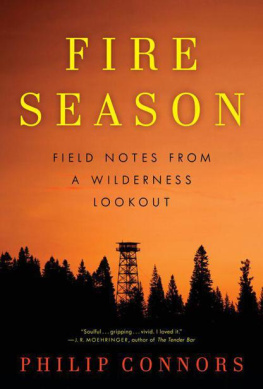Literary Theory
A Beginners Guide
ONEWORLD BEGINNERS GUIDES combine an original, inventive, and engaging approach with expert analysis on subjects ranging from art and history to religion and politics, and everything in between. Innovative and affordable, books in the series are perfect for anyone curious about the way the world works and the big ideas of our time.
anarchism | feminism |
artificial intelligence | forensic science |
the beat generation | french revolution |
biodiversity | history of science |
bioterror & biowarfare | humanism |
the brain | islamic philosophy |
the buddha | journalism |
censorship | lacan |
christianity | life in the universe |
civil liberties | literary theory |
classical music | machiavelli |
cloning | mafia & organized crime |
cold war | marx |
conservation | medieval philosophy |
crimes against humanity | middle east |
criminal psychology | NATO |
critical thinking | oil |
daoism | the palestineisraeli conflict |
democracy | philosophy of mind |
dyslexia | philosophy of religion |
energy | philosophy of science |
engineering | postmodernism |
the enlightenment | psychology |
evolution | quantum physics |
evolutionary psychology | the quran |
existentialism | racism |
fair trade | renaissance art |
sufism | the small arms trade |

Literary Theory
A Beginners Guide
Clare Connors

A Oneworld Paperback Original
Published by Oneworld Publications 2010
This ebook edition published by Oneworld Publications 2011
Copyright Clare Connors 2010
The moral right of Clare Connors to be identified as the Author of this work has been asserted by her in accordance with the Copyright, Designs and Patents Act 1988
All rights reserved
Copyright under Berne Convention
A CIP record for this title is available from the British Library
ISBN 9781780740324
Typeset by Jayvee, Trivandrum, India
Cover design by Simon McFadden
Oneworld Publications
185 Banbury Road
Oxford OX2 7AR
England
Learn more about Oneworld. Join our mailing list to find out about our latest titles and special offers at:
www.oneworld-publications.com
Acknowledgements
Multiple writers and readers have made this book possible. Im more grateful than I can say to Betty Connors, who read the whole manuscript as a beginner to literary theory, and who also tracked down stray references. Charlie Louth, Ruth Cruickshank, Sarah Wood, Lydia Rainford and Forbes Morlock read draft chapters generously, attentively and critically. Two excellent readers at Oneworld, Marsha Filion and Dawn Sackett, provided invaluable help and advice in improving and preparing the manuscript. From school onwards, a number of teachers have helped me to think about how to read, and shown me how important reading is: Im particularly indebted to Esm Sibley, Stephen Lycett, Robert Jellicoe, Julia Briggs and Robert Smith. And my students at Queens, Merton, Hertford and St. Catherines Colleges, and at the Oxford University Department for Continuing Education continue to remind me why literature and literary theory matter: this book is for them.
1
Introducing literary theory
All theory, my friend, is grey.
Lifes golden tree is green.
Goethe, Faust, Part 1 (1808)
So whispers the diabolically persuasive Mephistopheles to a young man just beginning his studies. These words express a very common view of theory. Theory is arid and abstract. Its generalizations wash lifes vivid and variegated colours to an undifferentiated grey. To be a theorist is to sit on the margins, thinking distantly and dispassionately about life but never getting stuck in, never living. This set of anti-theoretical prejudices emerges with particular ferocity when people begin to contemplate literary theory: theory seems so much the opposite of literature that the words literary theory sound like a contradiction in terms. To theorize about literature will, we fear, leach away the engaging, various and particular liveliness we prize it for. But it neednt do this. And this Beginners Guide is animated by the conviction that the best forms of theory dont.
As well come to see, Mephistopheles is wrong on two fronts. For a start, theory can itself be full of colour and interest, drama and feeling. And second, theory is not something we can simply oppose to life, as the sophisticated, satanic seducer does in his insidiously simple couplet. Well see instead how theory is muddled up with life, literature and practice all those things to which it is customarily and too-easily opposed from the first, and how, conversely, theory itself turns out to have literary properties. Theory is vital then, in both senses of that word: full of life and essential to life, and to the life of literature. But to say all this is to suggest that theory is in fact a rather different beast from the one we suspiciously imagine. Lets look first at our most usual, everyday sense of what theory is.
Theory and the Enlightenment
A theory, at least as it is understood in the sciences, is a structure of ideas that explains the data under scrutiny, or, as the Oxford English Dictionary has it, a hypothesis that has been confirmed or established by observation or experiment, and is propounded or accepted as accounting for the known facts (OED sense 4). We can note here that hypothesis is singular and the facts plural. The theory of gravity accounts as competently for the fall of a boulder as it does for that of a banana, just as the theory of evolution describes the development of all living things, both animal and vegetable. Theory in its most usual, scientific or philosophical, twentieth-century sense is able, then, to subdue a variety of data to a single hypothesis.
Next page
